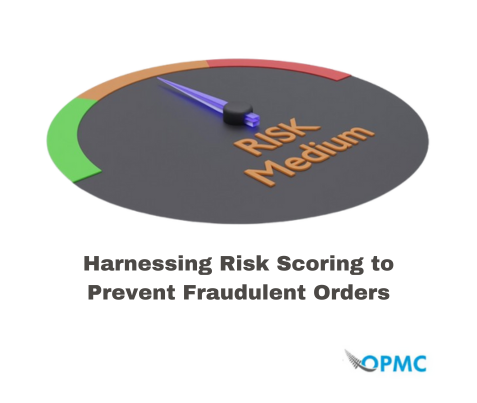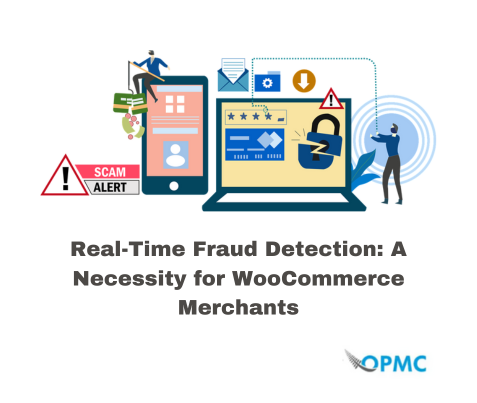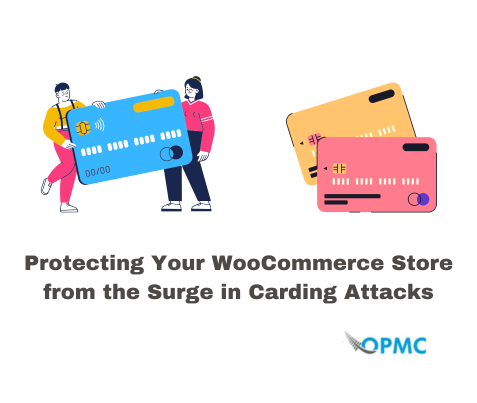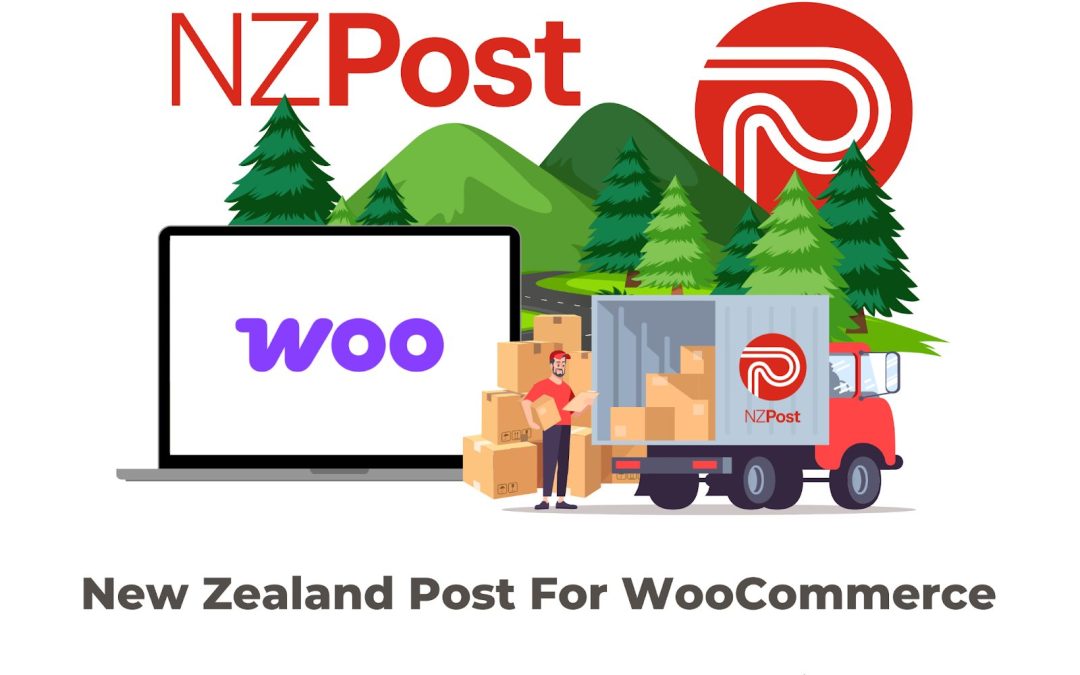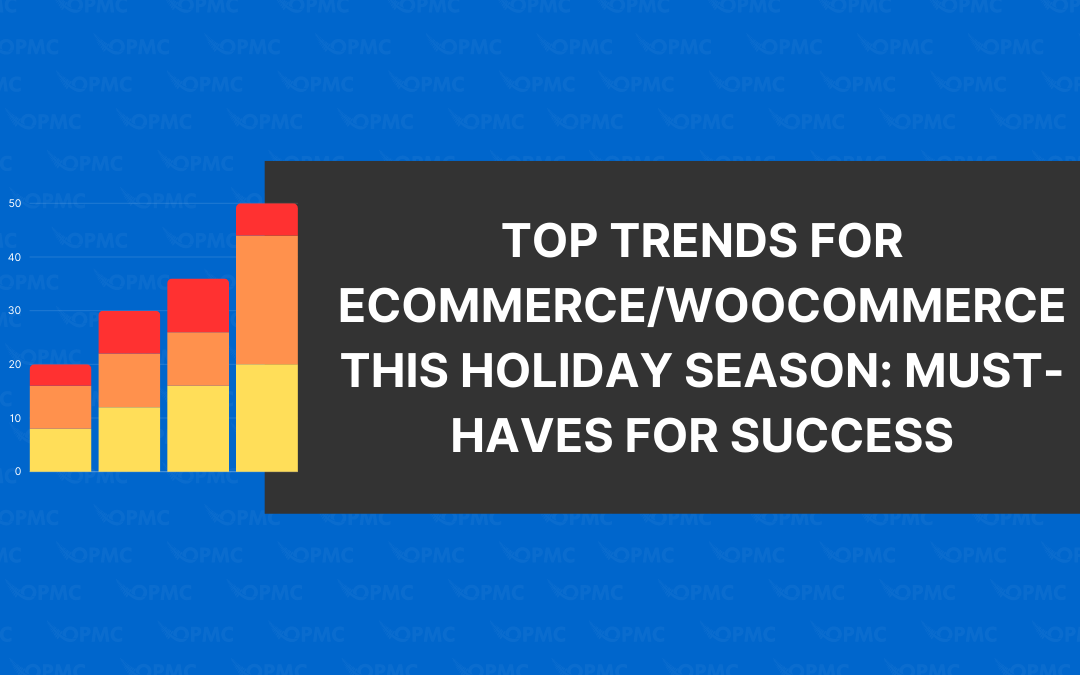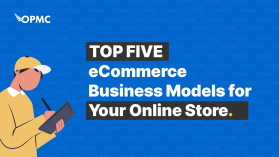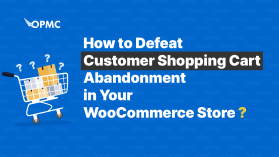Direct-to-Consumer (D2C) has become one of the most popular ways for ecommerce businesses to operate. The reason for this is simple: it gives you complete control over your products and sales, giving you a higher profit margin while providing your customers with a better experience.
However, many steps are involved in transitioning from traditional wholesale or distribution models to one that operates directly with consumers. You have to learn what your customers want and then deliver it without anyone slowing down your access to that target market.
On a small scale, this might be an Etsy seller who makes stuffed squirrels custom to the needs of buyers. On a more relevant ecommerce scale, this is a manufacturer or producer finally getting direct access to those with the purchasing power.
Let’s dive into why this model is being utilized by ecommerce store owners across the globe.
What is a D2C Online Business?
Direct-to-consumer is a model that allows brands to sell directly to the end customer without going through any middlemen. This means that a business’s products are sold directly from its website or another online platform. It also means that customers don’t need to go into physical stores or make phone calls or send emails: they can purchase the product straight away on their screen.
D2C businesses sell products, services, and experiences directly to the end customer instead of selling them through third-party retailers like Amazon or Walmart. Most of the time, this is a manufacturer selling to specific users and runs the range from a winery selling custom bottles to a manufacturer of dog sweaters providing individuals with warm puppy garments.
Why is it so Popular with the Ecommerce Industry
There are many reasons why D2C is so popular in the ecommerce industry. Not only does the model allow you to build a brand and have a direct relationship with your customers, but it also lets you set your own prices, get feedback from customers, and have complete control over your business.
Instead of having to take a knee to numerous stakeholders dictating your actions, you get the freedom of choice. Other reasons include:
7 Reasons to use Direct-to-Consumer Ecommerce Models
1 – Complete Control
The D2C business model gives you complete control over your business. The term “control” can mean different things to different people, but in this case, it means that you have the ability to make decisions about how your company is run without having to answer to anyone else.
A D2C business model gives you more freedom than other types of ecommerce models because it allows you to focus on what matters most: growing your sales. With a D2C business model, there are no investors or partners involved who might demand changes in strategy or direction. The only person making decisions about where the company goes next is YOU!
2 – Custom Marketing Strategies
When it comes to customer loyalty, you want your customers to feel like they’re a part of something bigger. That’s where the D2C business model comes in to help. You can create custom marketing strategies specifically tailored for each of your customers.
In addition to creating personalized offers for individual customers, D2C businesses also take advantage of tools like social media influencers and affiliate networks to build brand awareness and generate more sales. By leveraging these resources, you can drive traffic directly back to your site while still maintaining a personal touch with each customer.
3 – Greater Customer Relationships
You can build a relationship with your customers by offering them something more than just a product. You can create a community around your brand, which allows you to establish an emotional connection with your customers and build trust and loyalty. This is the foundation that will help you build an even better reputation for your brand.
There is an authenticity that comes when people get access to these producers who are actually making the products they wish to purchase.
4 – Direct Customer Feedback
One of the great benefits of a D2C business model is the direct feedback you receive from your customers. You can use this information to improve your products and services, as well as marketing strategies. In fact, it’s very likely that you’ll be able to use some of these tips to improve other aspects of your business model too.
Think of all the competitive advantages you’ll gain when you can see your ecommerce business through the eyes of your target audience.
5 – Reduced Costs and Higher Profitability
When you sell directly to your customers, there are several costs that you don’t have to worry about. You aren’t paying third-party manufacturers to make it for you, so that saves a lot of money right off the bat. Plus, there are no middlemen involved in shipping and delivering those products either. You can eliminate these expenses by handling them yourself.
The more you streamline the various additional steps other business models need to take, the greater your opportunity for growing potential revenue.
6 – More Room for Innovation
You can innovate faster. You could be the first company to try a new technology or develop a product that most people are not yet familiar with. This gives you an advantage over other companies in your field, which may be less willing to take risks.
You’ll also have an easier time adapting to market changes if you see them coming because you have more control over your business and aren’t beholden to outside sources of capital that may not share your vision for the future of your company.
7 – Ability to Scale with Flexibility
Scaling a business is no easy feat. The one goal that all companies seem to have in common, though, is their ability to adapt and change in order to meet the needs of their customers and the market. The question is: how do you scale while maintaining flexibility?
The answer lies in the D2C model. With fewer operational concerns, you can adapt quickly to the needs of the marketplace. You are a far more agile ecommerce business that can make minor adjustments aligned with whatever your customer feedback provides.
Automation is Key to D2C Ecommerce Businesses
Ecommerce businesses with an emphasis on automated processes are more efficient and cost-effective than their B2C counterparts.
This can result in faster growth due to:
- Fewer operational expenses (such as human resources)
- Lower capital costs associated with inventory management and fulfillment
- Less need for additional funding (because you don’t have as many staff members)
- Higher profit margins per product sold due to not having employees taking a cut of each sale.
- And more!
In the end, deciding to start a D2C business is an exciting opportunity for your ecommerce store. The D2C business model gives you more freedom over how you run your business and what products you sell.
It also gives customers more choice and control over their experience with your brand. You can build loyal customers who love what they buy from you because it’s exactly what they want—and that’s why so many people are turning to this model in the first place.
The automation provided by our powerful ecommerce platform plugins supports the D2C consumer model. We offer everything from shipping efficiencies to accepting cross-border Alipay from Chinese consumers. You’ll be able to build a robust ecommerce business that you can run from anywhere you happen to journey next.
Download Powerful Ecommerce Platforms Plugin
The automation provided by our plugins supports the D2C consumer model.

